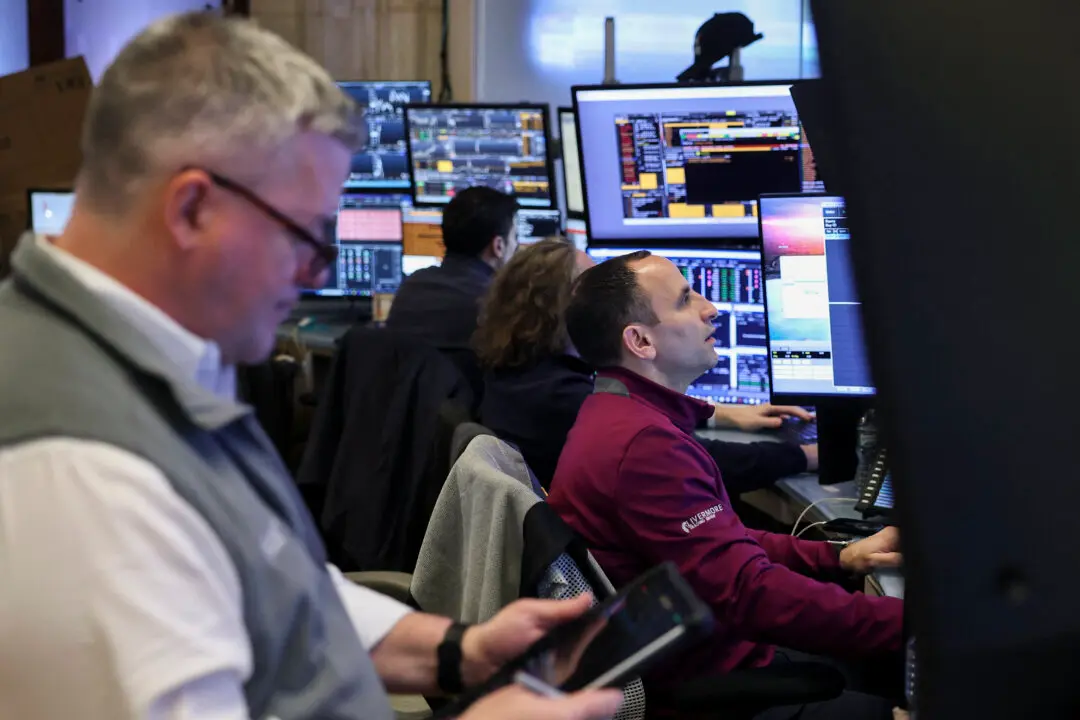News Analysis
U.S. stocks rallied for four straight days to finish the week higher. It was the longest winning streak since January, led by big tech stocks on better earnings. The easing of negative trade headlines and lower bond yields also aided investor enthusiasm for equities.





